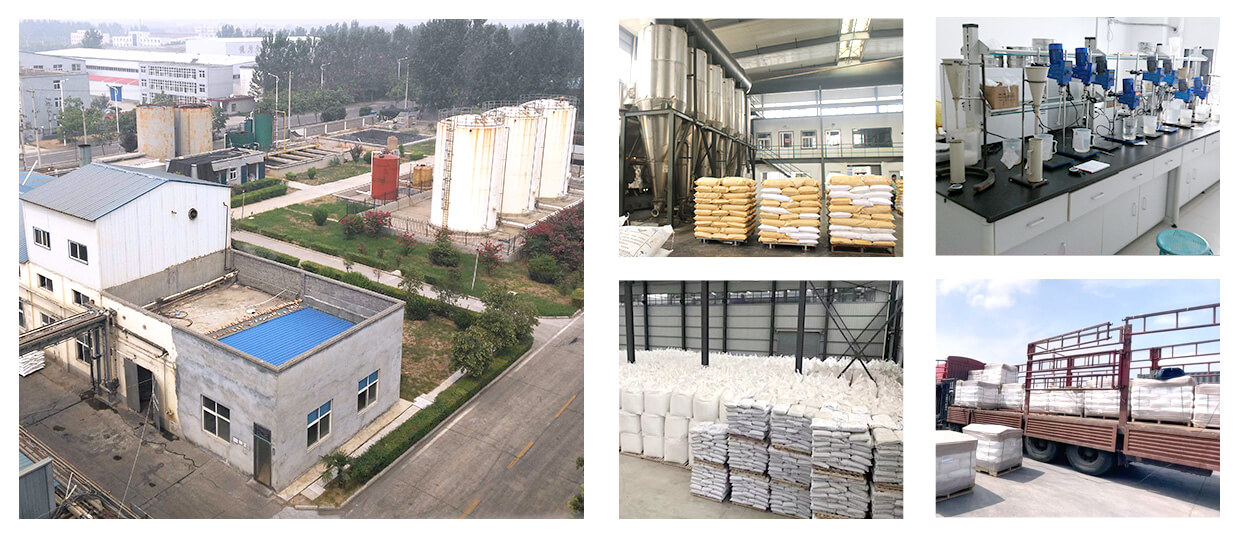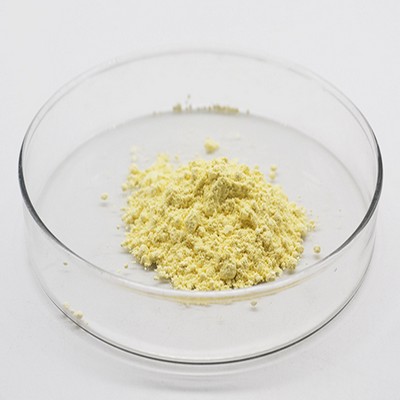cas number: 900 nonionic polyacrylamide on sales quality nonionic
Home » Energy Data Management Manual for the Wastewater Treatment Sector The purpose of this document is to describe the benefits of energy data management, explain how it can help drive savings when linked to a strong energy management program, and provide clear, step-by-step guidance to wastewater treatment plants on how to appropriately track energy performance.
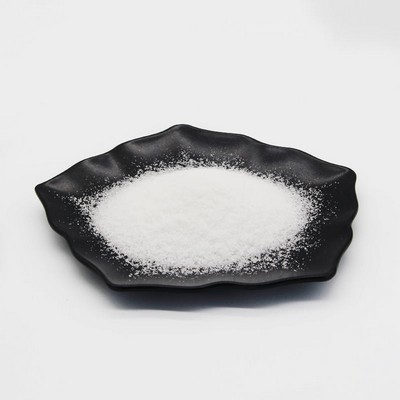
Energy Data Management Manual for the Wastewater Treatment
Energy data tracking: The practice of keeping track of energy data for accounting or financial reasons, not for energy management reasons. Energy intensity: A ratio of energy consumption to some measured level of activity or facility size. In the wastewater treatment sector, energy intensity metrics are often represented as energy consumed per pound
Get Price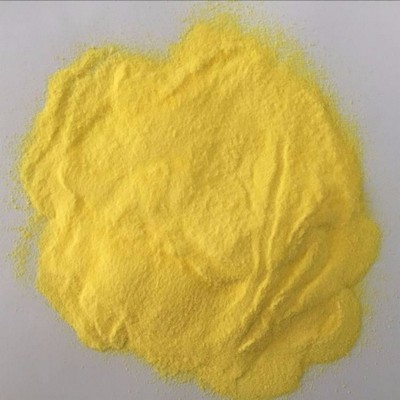
Energy Data Management Manual for the Wastewater Treatment
Abstract. Energy efficiency has become a higher priority within the wastewater treatment sector, with facility operators and state and local governments ramping up efforts to reduce energy costs and improve environmental performance. Across the country, municipal wastewater treatment plants are estimated to consume more than 30 terawatt hours per year of electricity, which equates to about $2 billion in annual electric costs.
Get Price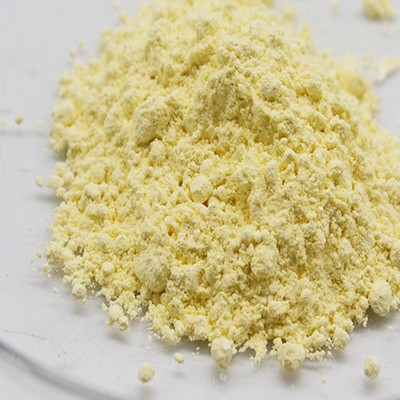
Wastewater Infrastructure Resources | Better Buildings
Energy Data Management Manual for the Wastewater Treatment Sector This document describes the benefits of energy data management, how it can help drive savings when linked to a strong energy management program, and provides clear, step-by-step guidance to wastewater treatment plants on how to appropriately track energy performance.
Get Price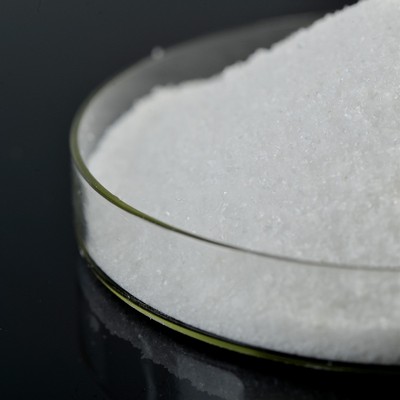
Energy Management System Manual Wastewater Treatment
Clearville Wastewater Treatment Plant (CWWTP) is committed to compliance and to continual improvement of its energy efficiency. CWWTP will implement effective energy management programs that support all operations and customer satisfaction while providing a safe and comfortable work environment.
Get Price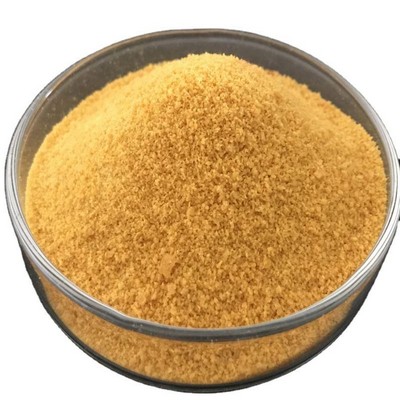
Water and Wastewater | Better Buildings Initiative
Energy Data Management Manual for the Wastewater Treatment Sector Guidance The purpose of this document is to describe the benefits of energy data management, explain how it can help drive savings when linked to a strong energy management program, and provide clear, step-by-step guidance to wastewater treatment plants on how to appropriately track energy performance.
Get Price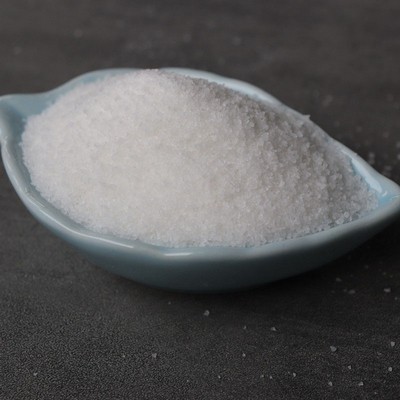
LOCAL GOVERNMENT CLIMATE AND ENERGY STRATEGY GUIDES Energy
energy efficiency in water and wastewater facilities with energy efficiency in local government opera-tions, smart growth strategies, combined heat and power systems, landfill gas energy, and on-site renew-able energy generation to help achieve additional economic, environmental, and social benefits. See the box on page v for more information about
Get Price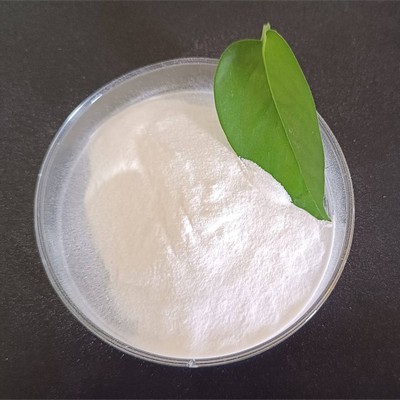
Energy Efficiency Strategies for Municipal Wastewater
the water and wastewater sector plays in a community’s total energy consumption. The energy efficiency strategies described provide information on energy savings opportunities, which can be used as a basis for discussing energy management goals with water and wastewater treatment facility managers.
Get Price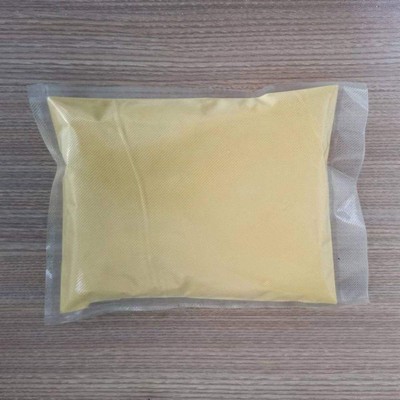
Energy Self Assessment Tools and Energy Audits for Water
•Energy represents the largest controllable cost of providing water or wastewater services to the public –About 15,000 municipal treatment plants and 51,000 community water systems in the US4 –Energy costs often one of the top 3 O&M costs in this sector 1 Based on EIA's average utility electric rate per kWh for industrial customers, 2013 data
Get Price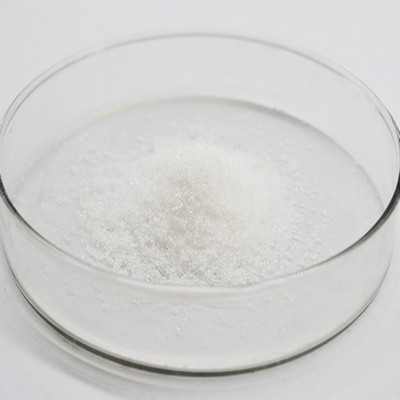
Brewers Association Water and Wastewater: Treatment/Volume
Water and Wastewater: Treatment/Volume Reduction Manual 5 best practices in this manual will help provide tools needed to work towards optimal efficiency, as well as to ease potential future risks and enhance community value. This manual is a consolidated resource for effective water and wastewater management solutions in the craft brewer segment.
Get Price
Water Environment Federation Books
WEF's flagship Manual of Practice, Operation of Water Resource Recovery Facilities, MOP 11, is the one and only definitive resource.In this video, learn about the key elements of the publication, how you can use the book in your work, and the rigorous process that WEF and our volunteers go through to create these manuals for our members and peers.
Get Price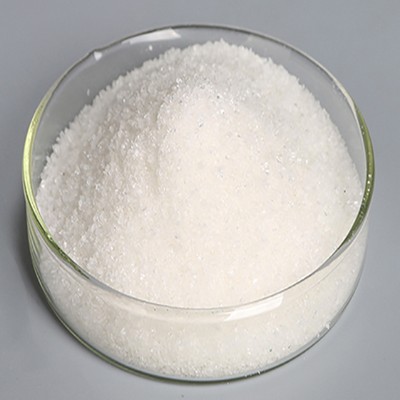
MUNICIPAL WASTEWATER TREATMENT PLANT
communities in the US provide drinking water and wastewater treatment services. Currently the wastewater treatment industry faces a number of challenges, including urban population growth, the need to treat wet weather flows, more stringent discharge regulations, and demand for water conservation through wastewater reuse.
Get Price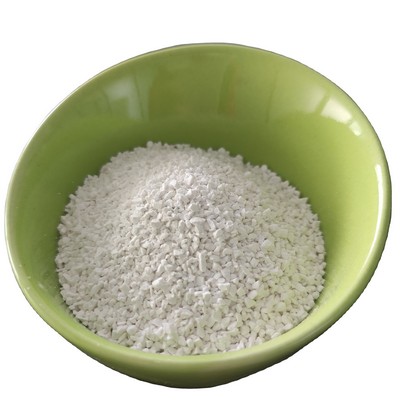
Water Environment Federation Books
WEF publications are essential to the water quality professional and include peer-reviewed publications written by and for the industry, the latest edition of Standard Methods, operator training materials, and other technical references. WEF Members save up to 20% on all publications.
Get Price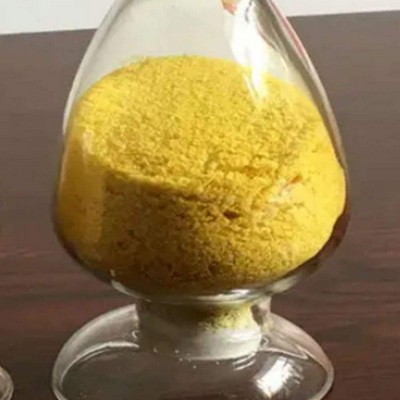
Wastewater Treatment Fundamentals
Wastewater Treatment Fundamentals, WEF’s new line of operator training, helps operators prepare for the first three levels of certification examinations and earn continuing education credits. These peer-reviewed resources represent the expertise of hundreds of water quality professionals and align with updated Need-to-Know Criteria from the Association of Boards of Certification.
Get Price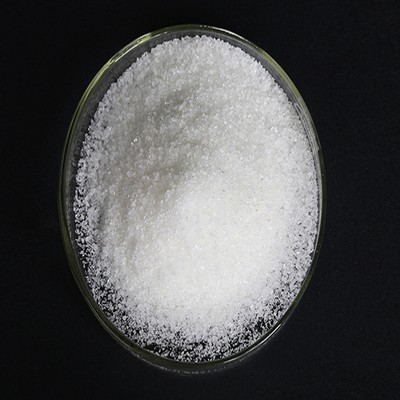
The Central Wastewater Treatment Plant in Nashville.
Detailed Description. Wastewater-treatment plants are essential for cleaning "used" water before releasing it back into the environment. Methods used to create clean water go from simple physical mechanisms, allowing solids to settle in ponds, to chemical (using chlorine) and even using ultraviolet light to kill harmful organisms.
Get Price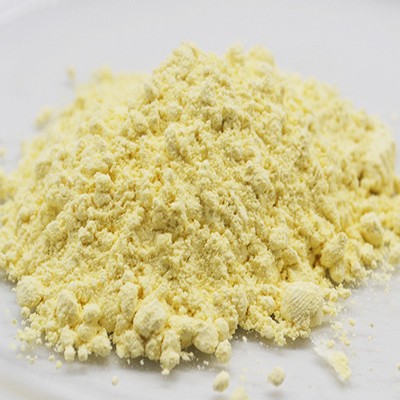
WATER INDUSTRY
systems. Data capture and remote system operations via tablets and smart phones is increasing at water treatment plants and in the field when assessing network issues. On this basis, digital literacy will be important for the Water industry as they seek appropriately trained staff to work with new technologies.
Get Price
Wastewater treatment plants Recommended electrical network
We have divided wastewater treatment plants into four sizes for the purposes of recommending the appropriate electrical network architecture. Plant size can be expressed in terms of the volume of water treated per day (m3) or the number of inhabitants served. > T1: Small autonomous wastewater treatment > T2: Small wastewater treatment plant
Get Price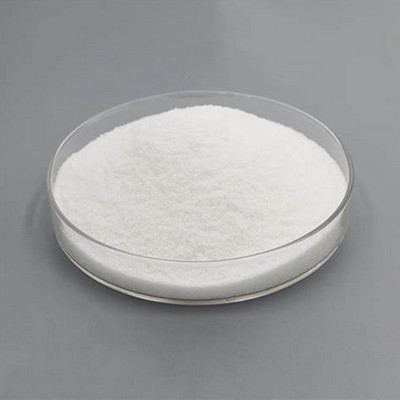
Safe management of wastes from health-care activities (Eng)
WHO Library Cataloguing-in-Publication Data Safe management of wastes from health-care activities / edited by Y. Chartier et al. – 2nd ed. 1.Medical waste. 2.Waste management. 3.Medical waste disposal – methods. 4.Safety management. 5.Handbook.
Get Price
A Guide to Net-Zero Energy Solutions for Water Resource
Energy neutrality for the domestic wastewater industry is within reach, and this project contributes greatly to the industry’s understanding of the complexities, opportunities, and challenges that face water resource recovery facilities (WRRFs) as they strive for energy neutrality. The goal of this collaborative project with NYSERDA is to help WRRFs quickly assess their energy management
Get Price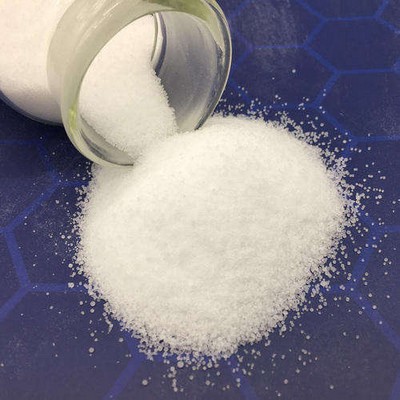
Wastewater treatment plants Recommended electrical network
We have divided wastewater treatment plants into four sizes for the purposes of recommending the appropriate electrical network architecture. Plant size can be expressed in terms of the volume of water treated per day (m3) or the number of inhabitants served. > T1: Small autonomous wastewater treatment > T2: Small wastewater treatment plant
Get Price
Asset Management for Water and Wastewater Utilities
Asset management is a process water and wastewater utilities can use to make sure that planned maintenance can be conducted and capital assets (pumps, motors, pipes, etc.) can be repaired, replaced, or upgraded on time and that there is enough money to pay for it.
Get Price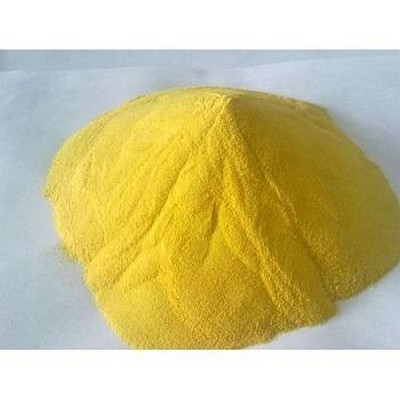
Wastewater Treatment, Water Quality, Maine Department
The Division of Water Quality Management provides technical review for municipalities planning sewer system extensions and wastewater treatment plant expansions. Title 38 MRSA Section 412-B requires the submission of plans for any new drainage systems or any sewage treatment or industrial waste disposal into waters of the State.
Get Price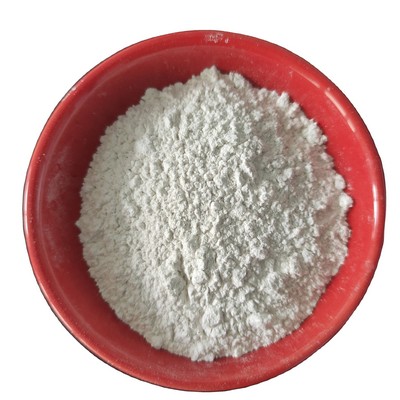
Urban Water Supply and Sanitation (Sector) Project: Report
The report and recommendation of the President to the Board of Directors (RRP) document describes the terms and conditions of a project for consideration and approval by ADB's Board of Directors. This document dated September 2018 is provided for the ADB project 35173-015 in Nepal.
Get Price